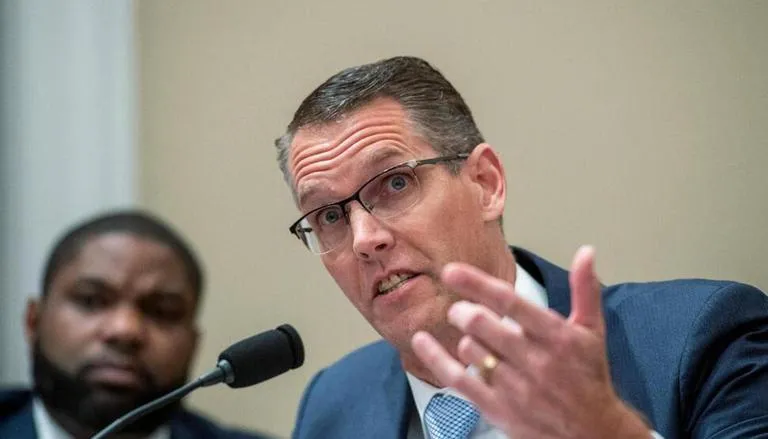Facing Revolt, GOP Spares Ethanol In Drive To Cut Spending

House Republicans are touting their debt limit package as a first step toward fiscal restraint, saying it’s past time for Congress to reduce the swelling deficits that they warn are threatening the fiscal health of the country.
But when a group of Midwestern Republicans went marching this week into the office of House Speaker Kevin McCarthy, it wasn’t spending cuts they wanted to talk about.
They were on a mission to preserve billions of dollars in federal support for biofuels and ethanol.
The bloc of lawmakers, with Iowa’s four Republicans at its core, forced McCarthy to make revisions to the legislation in the hours before it headed to a floor vote, even after the speaker had insisted changes were off the table. The concession amounted to a $38.6 billion carve-out to safeguard the incentives for biofuels, carbon capture projects and the ethanol industry, and helped the bill pass by a narrow 217-215 margin.
The episode highlighted how, even as Republicans decry the massive spending packages passed under President Joe Biden, their opposition to federal spending often fades when it comes to money flowing to their communities. The dust-up also amounts to a warning of sorts for GOP leaders as they seek a debt-limit deal with Biden, showing that attempts to slash government programs could quickly face opposition in their own ranks.
“This bill is to get us to the negotiating table,” McCarthy said ahead of the vote this week. “It’s not the final provisions and there’s a number of members that will vote for it going forward and say there are some concerns they have.”
For the Republicans who adamantly defended the tax incentives, the political turnaround was especially stark. The Iowa Republicans railed against the $740 billion price tag of Democratic priorities like the Inflation Reduction Act last year, which extended tax breaks for clean energy projects.
But the federal assistance for energy is popular back home in the Corn Belt, where a boom in energy projects is underway.
“I’m thrilled everyone is talking about biofuels,” said Rep. Ashley Hinson, an Iowa Republican who fought to save the energy provisions.
The biofuel industry contributes over $6 billion to Iowa’s economy and uses 60% of the corn it produces, Iowa Gov. Kim Reynolds, a Republican who also lobbied for the carve-out, said in a statement this week.
Incentives in the Biden bill, which Democrats called the Inflation Reduction Act, have spurred growth in the production of ethanol and biofuels, said Tristan Brown, director of the Bioeconomy Development Institute at SUNY College of Environmental Science & Forestry. As auto manufacturers move towards electric cars, the next generation of the ethanol industry will revolve around manufacturing sustainable aviation fuel.
The impact of the spending is noticeable all across the region. A series of projects aimed at producing sustainable jet fuel have been announced, and plans are underway for a pair of carbon sequestration pipelines , which tap into tax credits by capturing carbon dioxide at ethanol refineries and pumping it to sites where it can be stored underground.
Geoff Cooper, president of ethanol lobbyist Renewable Fuels Association, pointed to investments in agriculture communities across the country as he warned against the repeal of the Inflation Reduction Act’s clean energy tax provisions this week.
“Repealing those incentives midstream would rip the rug out from underneath the U.S. bioenergy sector, leave a wake of stranded investments, and undermine the rural communities that are leading the low-carbon energy transition,” he said in a statement.
But when Democrats’ marquee climate legislation came before House Republicans last year, they all opposed it, often in strenuous terms.
















